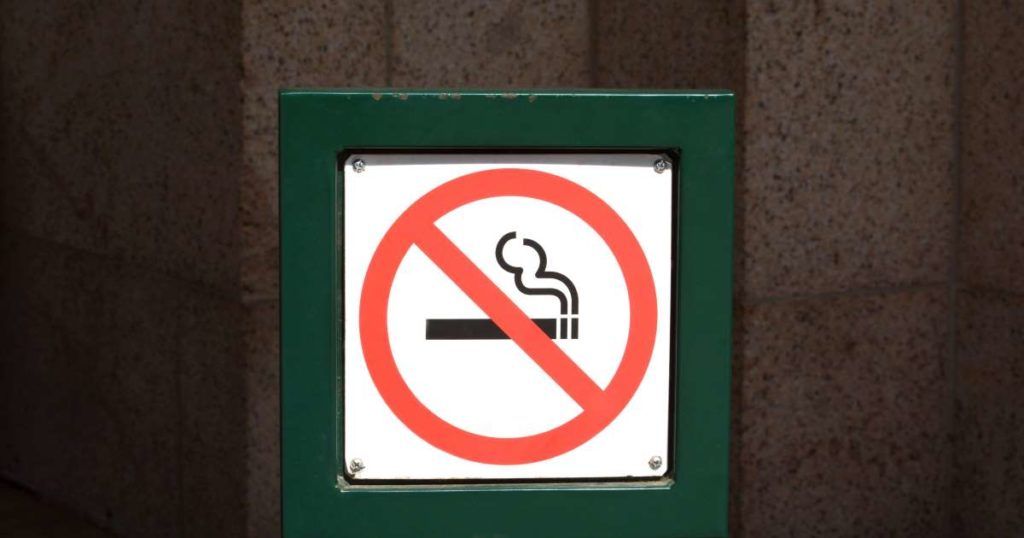365telugu.com, online news, Hyderabad,15th May 2020: Tobacco kills more than 8 million people globally every year. More than 7 million of these deaths are from direct tobacco use and around 1.2 million are due to non-smokers being exposed to second-hand smoke.Tobacco smoking is a known risk factor for many respiratory infections and increases the severity of respiratory diseases. A review of studies by public health experts convened by WHO on 29 April 2020 found that smokers are more likely to develop severe disease with COVID-19, compared to non-smokers.

COVID-19 is an infectious disease that primarily attacks the lungs. Smoking impairs lung function making it harder for the body to fight off coronaviruses and other diseases. Tobacco is also a major risk factor for non-communicable diseases like cardiovascular disease, cancer, respiratory disease and diabetes which put people with these conditions at higher risk for developing severe illness when affected by COVID-19. Available research suggests that smokers are at higher risk of developing severe disease and death. “There is growing evidence to suggest that people who smoke are likely to be more severely impacted by COVID-19 if they do become infected, because smoking damages the lungs so that they don’t work as well”, Binoy Mathew, Senior Programme Officer, Voluntary Health Association of India.Over 22 State Governments and 6 Union Territories in India i.e., Andhra Pradesh, Arunachal Pradesh, Assam, Bihar, Chhattisgarh, Himachal Pradesh, Jharkhand, Mizoram, Nagaland, Odisha, Rajasthan, Sikkim, Telangana, Tripura, Uttarakhand, Maharashtra, Gujarat, Karnataka, Madhya Pradesh, Punjab, Haryana and Uttar Pradesh AND Andaman & Nicobar, Chandigarh, Daman and Diu, Delhi, Jammu and Kashmir, have issued orders for banning use/spitting of tobacco products etc., in public places to contain the spread of COVID-19. WHO is constantly evaluating new research, including research that examines the link between tobacco use, nicotine use, and COVID-19. WHO urges researchers, scientists and the media to be cautious about amplifying unproven claims that tobacco or nicotine could reduce the risk of COVID-19. There is currently insufficient information to confirm any link between tobacco or nicotine in the prevention or treatment of COVID-19.Nicotine replacement therapies, such as gum and patches are designed to help smokers quit tobacco. WHO recommends that smokers take immediate steps to quit by using proven methods such as toll-free quit lines, mobile text-messaging programmes, and nicotine replacement therapies.
Within 20 minutes of quitting, elevated heart rate and blood pressure drop. After 12 hours, the carbon monoxide level in the bloodstream drops to normal. Within 2-12 weeks, circulation improves and lung function increases. After 1-9 months, coughing and shortness of breath decrease. WHO stresses the importance of ethically approved, high-quality, systematic research that will contribute to advancing individual and public health, emphasizing that promotion of unproven interventions could have a negative effect on health.

